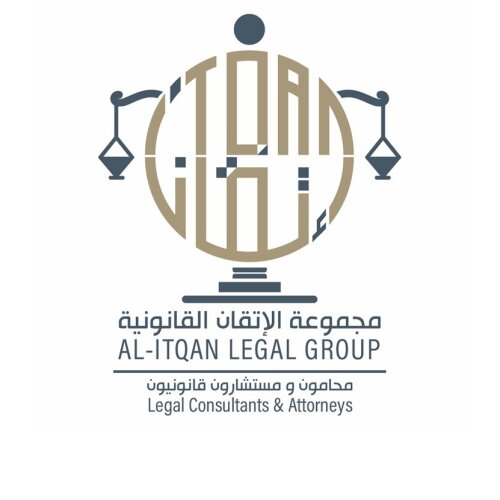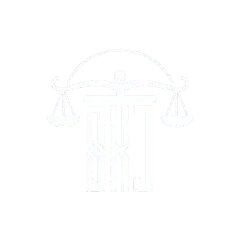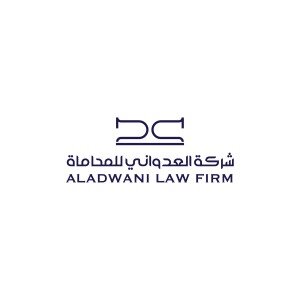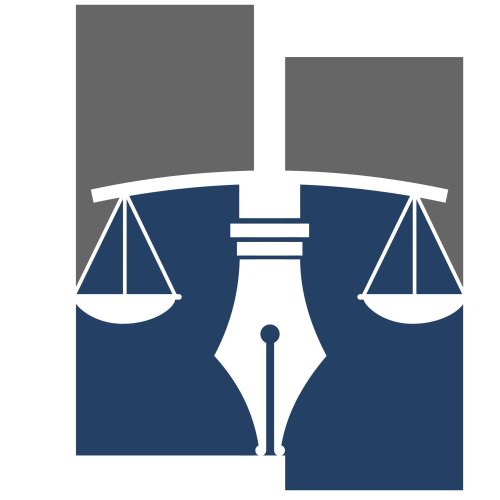Best Debt & Collection Lawyers in Kuwait
Share your needs with us, get contacted by law firms.
Free. Takes 2 min.
Or refine your search by selecting a city:
List of the best lawyers in Kuwait
About Debt & Collection Law in Kuwait
Debt & Collection Law in Kuwait is a branch of the legal system that deals with disputes arising from unpaid debts. The Kuwaiti legal system is based on civil law influenced by Islamic Sharia, which governs financial transactions. Debt recovery in Kuwait involves court-supervised processes as well as out-of-court settlements. This field of law ensures both creditors and debtors are treated fairly and equitably according to the regulations established by the Kuwait government. Understanding the legal nuances can help navigate this often complex area effectively.
Why You May Need a Lawyer
Individuals and businesses might seek legal assistance for various reasons involving debt and collections, such as:
- Challenging wrongful claims of debt made against them.
- Understanding their rights and obligations under a loan or credit agreement.
- Negotiating settlements or payment plans with creditors.
- Defending against aggressive collection tactics that may infringe on personal rights.
- Securing the recovery of debts owed to them in a legally acceptable manner.
- Interpreting and ensuring compliance with complex contracts.
Local Laws Overview
The debt and collections process in Kuwait is governed by several key regulations and laws:
- The Civil Code: It outlines the general contractual obligations and how they can be enforced in case of defaults.
- Judicial Enforcement Law: This law allows creditors to pursue their claims in Kuwaiti courts and outlines the enforcement of court judgments.
- The Commercial Law: Governs commercial transactions including banking and financial dealings, influencing debt-related issues.
- Bankruptcy Law: It deals with how insolvent debtors can discharge their debts or reorganize.
Frequently Asked Questions
What are the steps to take if I cannot pay my debts in Kuwait?
Communicate with your creditor to discuss potential repayment plans. Seeking advice from a lawyer can help in negotiating terms.
Can my wages be garnished for unpaid debts?
Yes, once a court order is obtained, a portion of your salary may be garnished until the debt is paid in full.
How do I collect a debt legally in Kuwait?
Start by contacting the debtor and trying to settle amicably. If unsuccessful, you may need to file a claim in court.
What is the statute of limitations for debt collection in Kuwait?
The statute of limitations can vary based on the type of debt, but it typically ranges from two to fifteen years.
Can a creditor sue me for an old debt?
Yes, but if the debt is beyond the statute of limitations, you may have a defense available to dismiss the claim.
Is it possible to negotiate down the amount I owe?
Yes, creditors may be willing to settle for less to recover part of the debt rather than nothing at all.
What should I do if I receive a court summons for a debt claim?
It’s important to respond promptly and consider seeking legal advice to address the claim appropriately.
Can a creditor take my property for unpaid debts?
Under certain circumstances, and usually following a court order, property can be seized to satisfy debts.
Do I have to pay for debts not originally contracted by me?
No, unless you have formally assumed responsibility or guaranteed the debt through legal agreements.
What are my rights if I'm subject to unfair debt collection practices?
You have the right to file a complaint with the relevant authorities and seek legal advice to act against any inappropriate practices.
Additional Resources
There are several offices and organizations in Kuwait that can provide more information and assistance related to debt and collections:
- The Ministry of Justice: For filing claims and court information.
- Consumer Protection Department: Offers assistance in disputes involving consumer credit.
- Local Bar Associations: Can help you find legal professionals specializing in debt collection.
Next Steps
If you require legal assistance regarding debt and collections, consider the following steps:
- Consult with a lawyer specializing in debt and collection law to understand your position and options.
- Gather all relevant documents and information regarding your debt or credit agreements.
- Reach out to potential creditors or debtors to negotiate the terms or begin the legal process if necessary.
- Remain informed about your legal rights and obligations throughout the process.
Lawzana helps you find the best lawyers and law firms in Kuwait through a curated and pre-screened list of qualified legal professionals. Our platform offers rankings and detailed profiles of attorneys and law firms, allowing you to compare based on practice areas, including Debt & Collection, experience, and client feedback.
Each profile includes a description of the firm's areas of practice, client reviews, team members and partners, year of establishment, spoken languages, office locations, contact information, social media presence, and any published articles or resources. Most firms on our platform speak English and are experienced in both local and international legal matters.
Get a quote from top-rated law firms in Kuwait — quickly, securely, and without unnecessary hassle.
Disclaimer:
The information provided on this page is for general informational purposes only and does not constitute legal advice. While we strive to ensure the accuracy and relevance of the content, legal information may change over time, and interpretations of the law can vary. You should always consult with a qualified legal professional for advice specific to your situation.
We disclaim all liability for actions taken or not taken based on the content of this page. If you believe any information is incorrect or outdated, please contact us, and we will review and update it where appropriate.
Browse debt & collection law firms by city in Kuwait
Refine your search by selecting a city.














